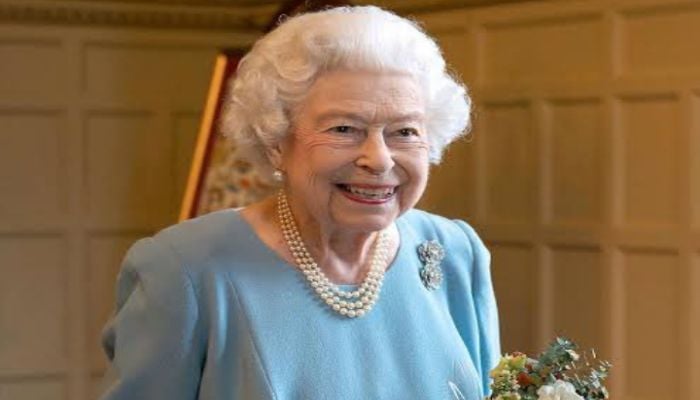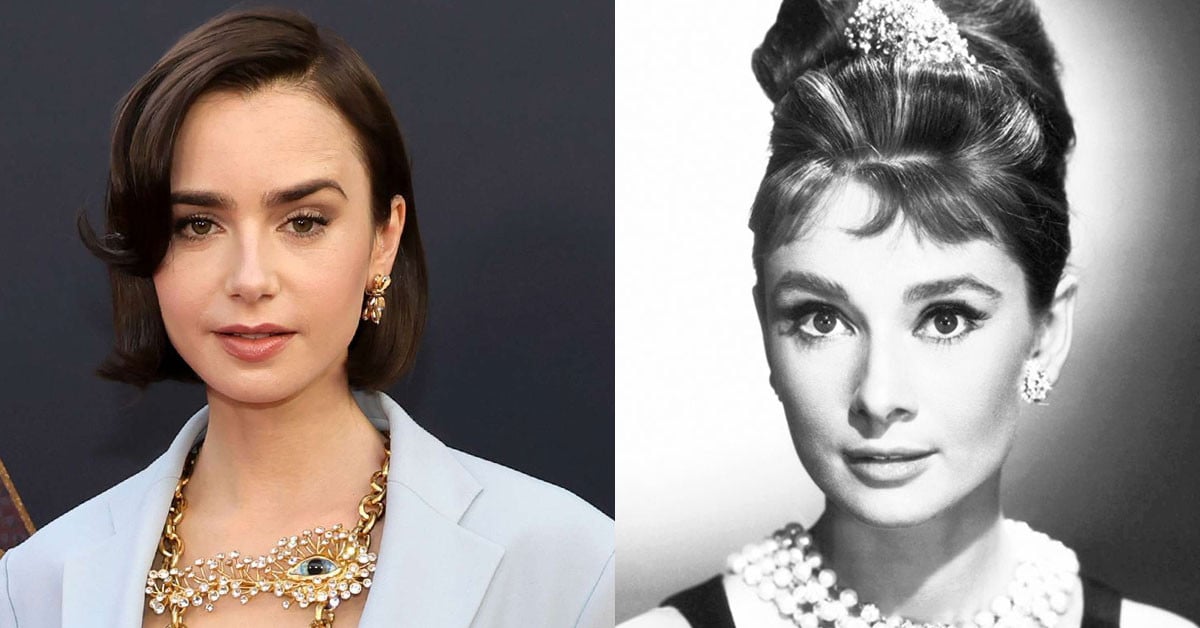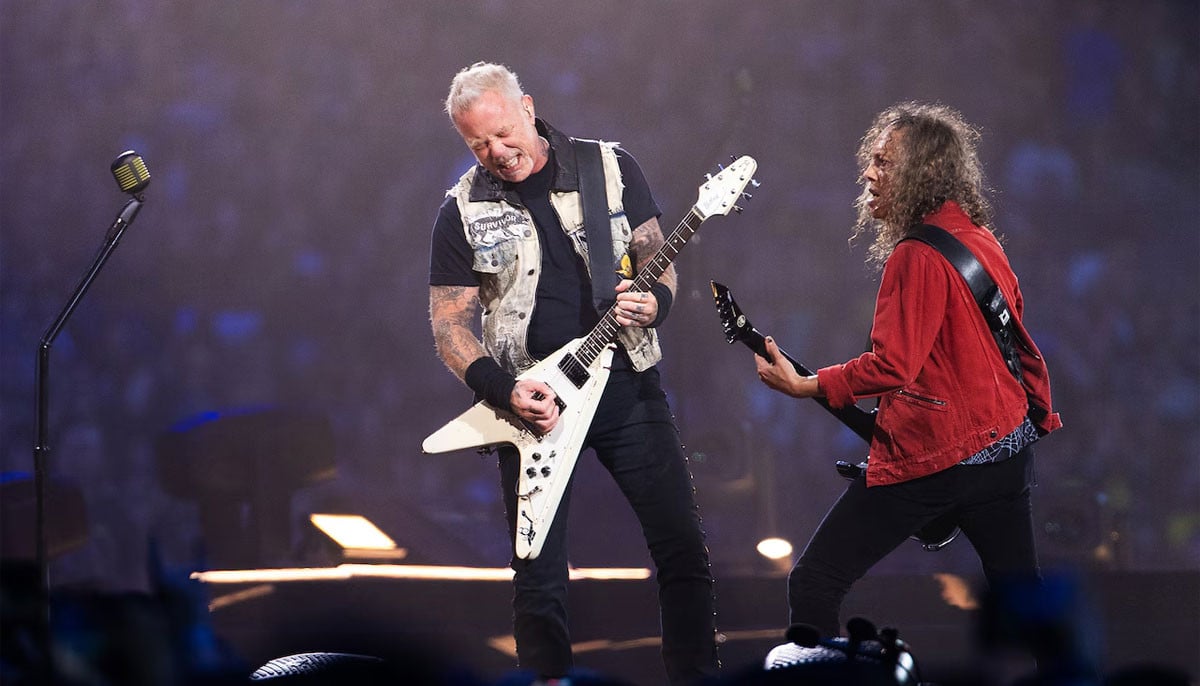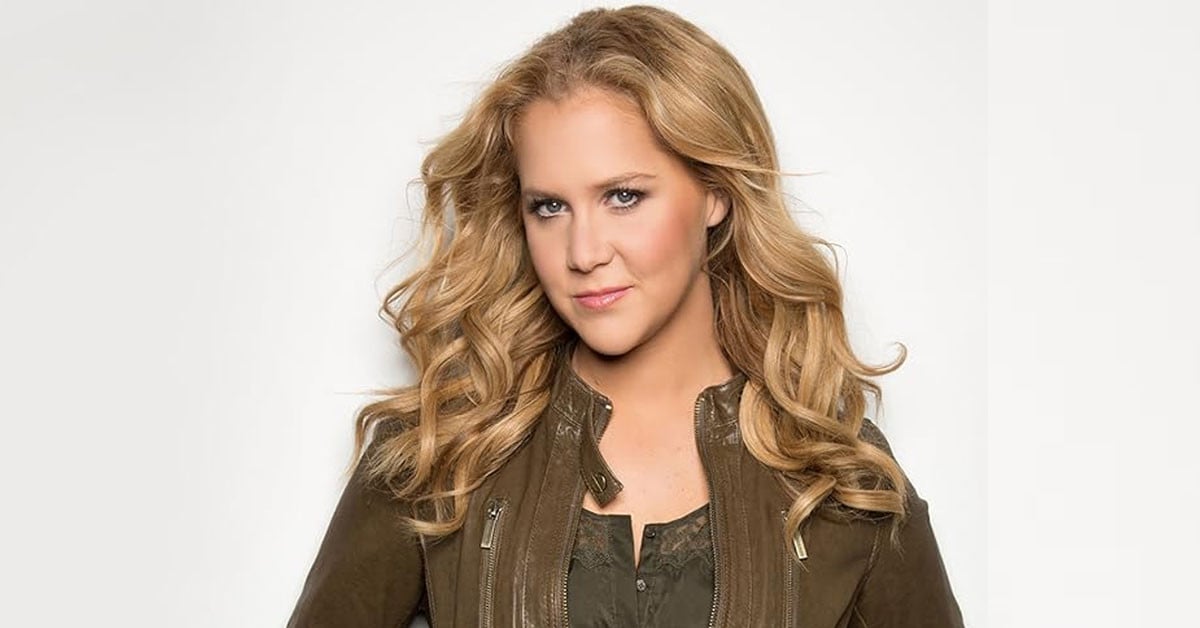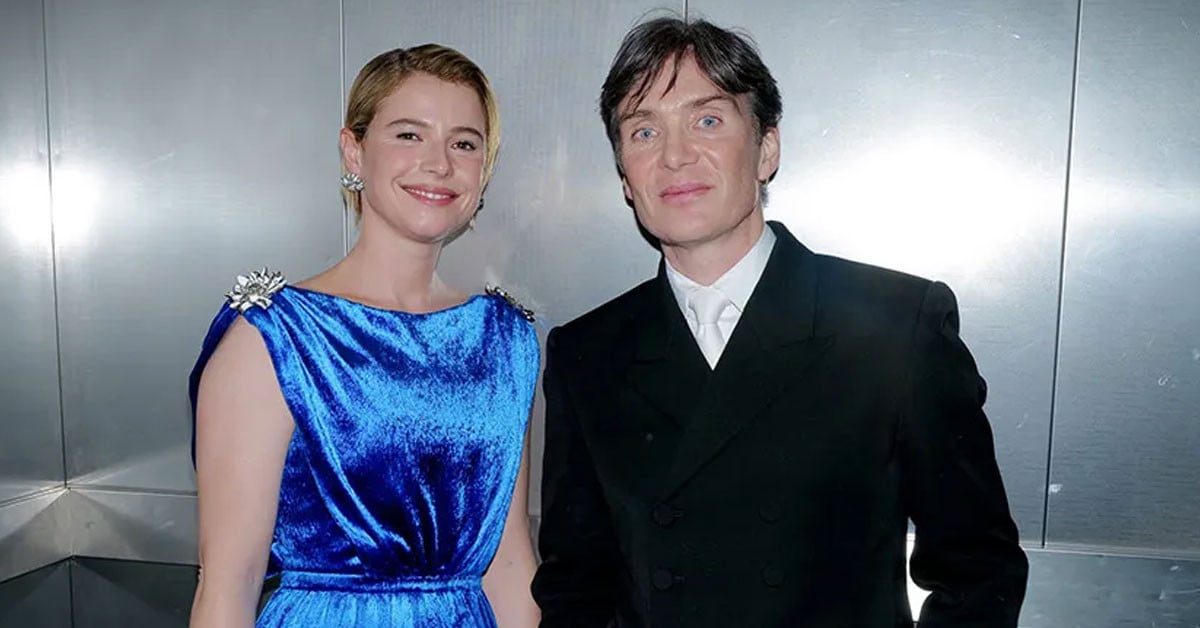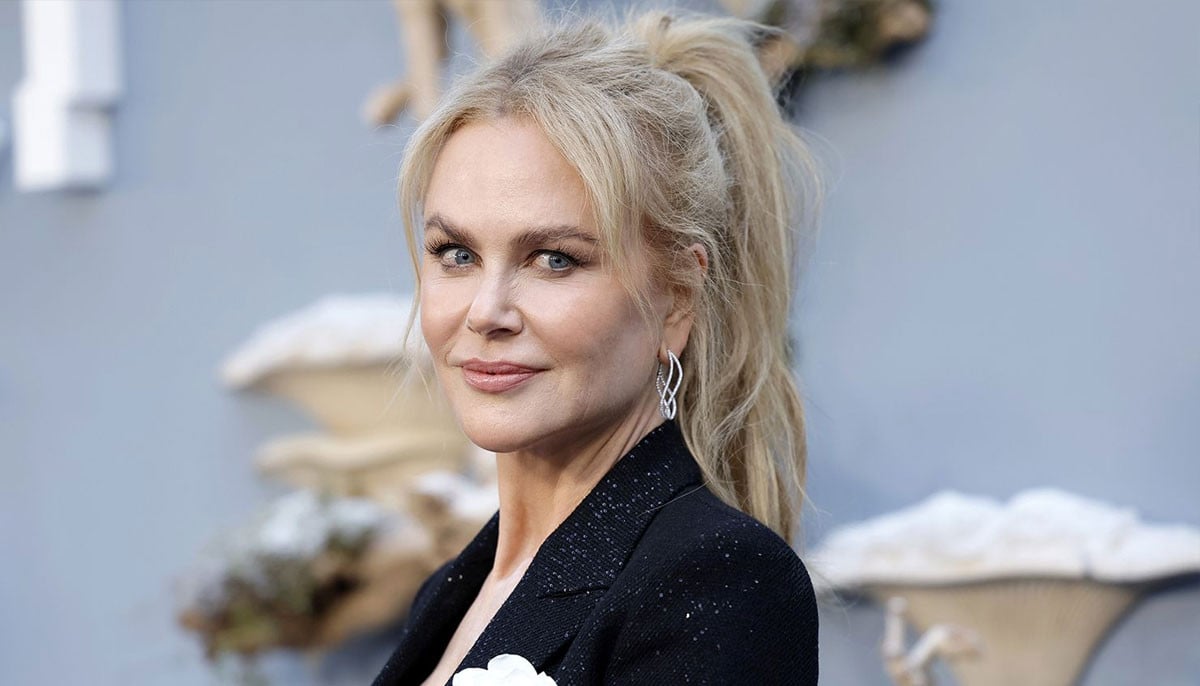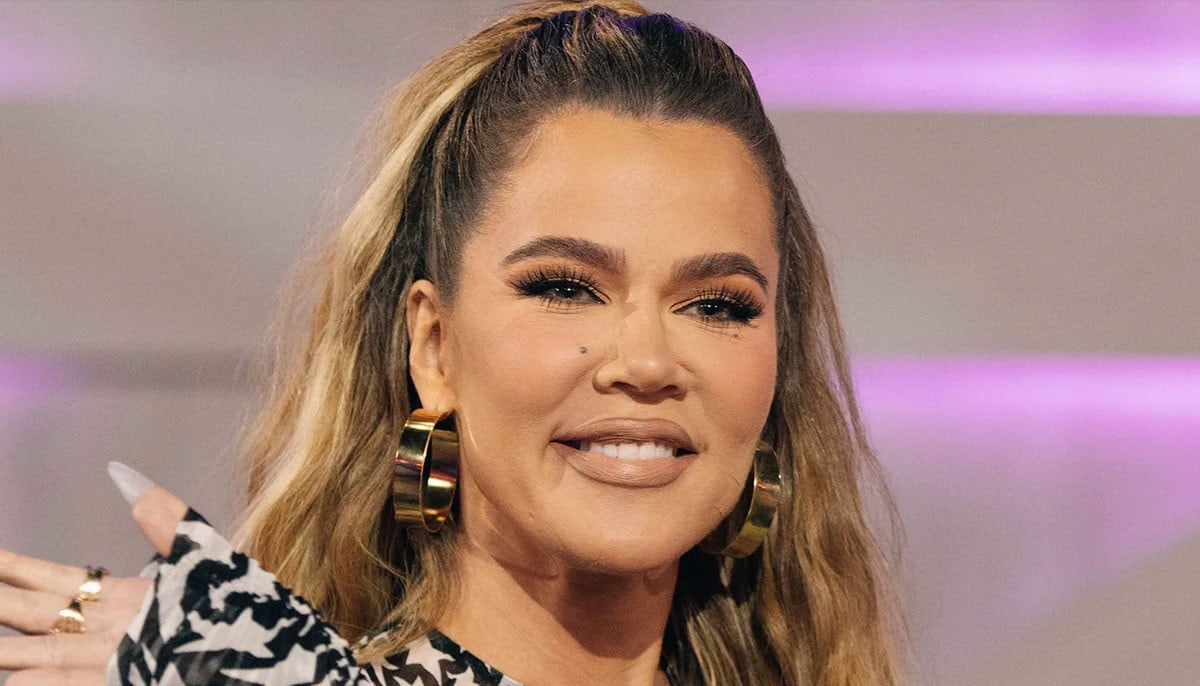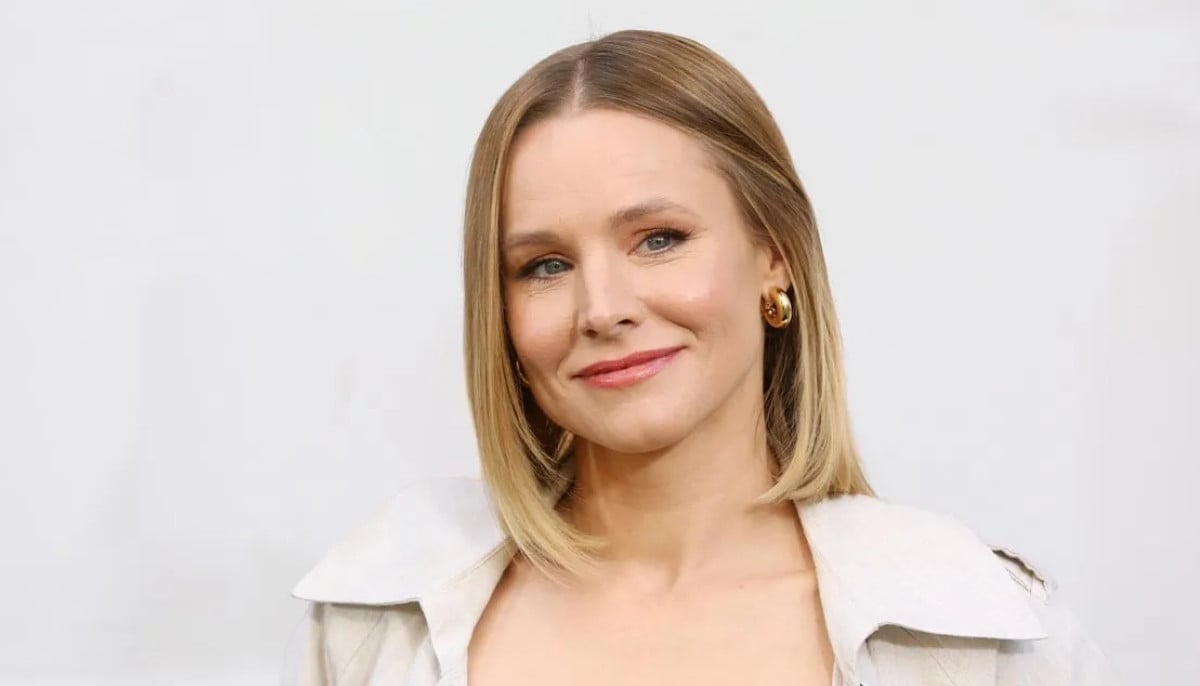Comparisons drawn between Queen Elizabeth and Queen Victoria
Comparisons drawn between Queen Elizabeth and Queen Victoria
Queen Elizabeth II and her great-great-grandmother Queen Victoria were Britain's longest-reigning monarchs, who both came to the throne young yet remained a steady presence through yeras of dramatic change.
When they were born, both Victoria and Elizabeth were thought unlikely ever to inherit the crown.
But both women embraced the role thrust upon them and became much-loved national matriarchs.
Elizabeth's duty-driven style of monarchy was directly rooted in her illustrious ancestor's example.
Elizabeth and Victoria were both "exceptionally conscientious, strong-minded women, determined to do it absolutely as correctly as they could", royalty writer Andrew Gimson told AFP.
By the end of their reigns, both were seen as the embodiment of contemporary Britain.
Elizabeth reigned for 70 years and 214 days -- the first British sovereign to celebrate a platinum jubilee.
At her state funeral on Monday, Elizabeth's coffin will be carried on the same gun carriage used for Victoria's funeral.
Victoria's reign lasted 63 years and 216 days -- a record Elizabeth overtook on September 9, 2015.
In line with the duty-first attitude, Elizabeth only briefly referenced the occasion, while opening a railway line in Scotland.
She wore a diamond-studded brooch that once belonged to Victoria, but said the landmark was "not one to which I have ever aspired".
- British expansion and contraction -
Victoria ascended the throne in 1837, shortly after turning 18. She reigned until her death aged 81 in 1901.
Elizabeth was born in 1926, and reigned from 1952, when she was just 25. She died aged 96.
"The throne to which Elizabeth acceded remained recognisably the imperial institution it had become by the closing decades of Victoria's reign," historian David Cannadine wrote Saturday in The Guardian newspaper.
But the most pronounced themes of Elizabeth's reign "were the de-Victorianisation of Britain and the downsizing of its empire", he wrote.
Victoria lent her name to an age of invention and discovery, as well as a moralistic outlook on life.
The Victorian era saw Britain at its zenith, making grand industrial, scientific, cultural and imperial advances.
The late queen's reign has been described as the Second Elizabethan Age, marked by Britain transforming from the ashes of World War II into a diverse and less deferential nation.
It shed its empire, even if its legacy remains controversial, particularly in the light of recent anti-racism protests around the world.
- Victoria's 'moral earnestness' -
The only child of prince Edward, the fourth son of king George III, Victoria was born fifth in the line of succession.
But the late Edward's elder brothers, including George III's successors George IV and William IV, all died without surviving legitimate children, leaving Victoria to inherit the crown.
She set about changing how the monarchy operated.
"Victoria plugged into this new middle-class morality, the moral earnestness which was emerging in the 1830s," Gimson said.
On becoming queen, she was mentored by prime minister Viscount Melbourne.
She married her German first cousin prince Albert of Saxe-Coburg and Gotha in 1840.
When Albert died in 1861, she plunged into mourning and retreated from public view for many years.
States, cities, mountains, lakes, streets, squares, buildings and monuments worldwide still carry her name.
- Elizabeth shared 'unfussy' style -
Elizabeth's childless uncle Edward VIII became king in 1936 but was forced to abdicate later that year to marry the twice-divorced Wallis Simpson.
Her father became king George VI, and she became the heir presumptive.
After her own somewhat cloistered youth, Elizabeth married Prince Philip, her second cousin once removed.
Winston Churchill -- who entered parliament in 1900 when Victoria still reigned -- was the first of Elizabeth's 15 British prime ministers, and a mentor.
She too drew on a Christian sense of duty.
Elizabeth and Victoria shared "a down-to-earth, liberal Christian faith expressed in a disciplined but unfussy style of piety", Richard Chartres, the former bishop of London, wrote in The Spectator magazine this week.
After the death of Prince Philip in 2021, Elizabeth's health declined and she made few public appearances.
Vast areas of Antarctica have been named after Elizabeth, along with London's Olympic Park, islands in Canada and Britain's biggest-ever warship.
The towers at each end of the Houses of Parliament are named after Elizabeth and Victoria.
Like Victoria, Elizabeth will be buried at Windsor, west of London...AFP
-
Amy Schumer reveals she pushed through illness mid-performance: 'Proud I made it'
-
Jessie Buckley reveals why BAFTA win felt extra 'special' with Cillian Murphy
-
Halle Berry reveals bedroom performances that are off-limits in her engagement to Van Hunt
-
Why Nicole Kidman 'not rushing' into love after split from Keith Urban?
-
Paul Anthony Kelly breaks silence over online discussion about his chest hair: 'I own it'
-
Khloe Kardashian reacts to AI videos with dad Robert Kardashian kissing her: 'That freaks me out'
-
David Beckham creates 'memories' with daughter Harper amid family feud with son Brooklyn
-
Kristen Bell shares one rule for 'SAG' awards ceremony that she will ditch this time: 'Happy and fun'
